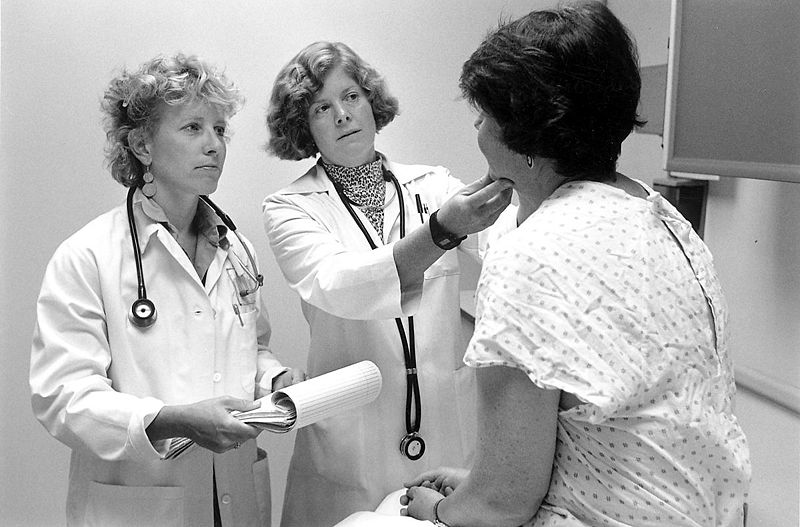De som har följt min blogg vet att jag tycker att placeboeffekten är väldigt intressant och jag är inte ensam. Tidigare var placeboeffekten något man enbart försökt kontrollera bort när man testade hur verksamma läkemedel och behandlingar “egentligen” var. Men eftersom man på senare år förstått hur effektiv placeboeffekten kan vara som behandling finns det nu forskargrupper som fokuserar på hur man ska kunna använda just placeboeffekten i terapeutiska syften. En sådan grupp finns på Harvard och tidigare i år publicerade de en studie i Molecular psychiatry där man undersökte hur den behandlande läkaren kan bidra till placeboeffekten.
Man har tidigare föreslagit att den viktigaste bidragande faktorn för placeboeffekten är läkarens bemötande. När det gäller depression, visade en studie från 2006 att läkarens betydelse för effekten av behandlingen (9,1%) var större än skillnaden i effekt mellan aktiv substans och placebo (3,4%). Läkarens förtroende för behandlingens effekt är också betydelsefull och när man testar nya läkemedel vill man därför (om möjligt) att studien ska vara dubbelblindat, dvs att varken den som behandlar eller den som blir behandlat vet om försökspersonen får placebo eller aktiv substans.
Studien i Molecular Psychiatry visade att när läkare gav aktiv behandling aktiverades områden i läkarens hjärnan som är förknippad med empatisk förmåga, behandlingsförväntan och belöning. Forskarna bakom studien föreslår att den behandlande läkaren speglar patientens upplevelse i sig själv och att förväntanseffekten påverkar mötet med patienten och därmed även utfallet av behandling.
Återigen ställer jag frågan: vad är vård? Det är betydligt mer än att bara dela ut aktiva substanser på löpande band. Det handlar även om placeboeffekt som influeras av vårdare-patientinteraktioner. Man får inte effektivisera bort “placebo” från vården!

Empathy of physicians affect treatment response
Those who have followed my blog know that I’m interested in the placebo effect and I’m not alone. Previously, the placebo effect was something that researchers only were interested in controlling for when testing how effective drugs and treatments “really” was. However, in recent years researches have realized how effective the placebo effect is and therefore, some research groups are now focusing on how to use just the placebo effect as therapy. Earlier this year, one of these groups published a study in Molecular Psychiatry where they examined how the treating physician contributes to the placebo effect.
It has previously been suggested that the main contributing factor for the placebo effect is the physicians interaction. For depression, a study from 2006 found that the physicians significance for the effect of treatment (9.1%) was greater than the difference in effect between the active treatments and placebo (3.4%). The physician’s trust in the treatment effect is also significant and when testing new drugs it is preferable that the study is double-blinded, i.e. neither the treater or the person being treated know if they are receiving placebo or active substance.
The study in Molecular Psychiatry showed that when physicians gave active treatment, areas in their brain associated with empathy, treatment expectations, and reward were activated. The researchers behind the study suggest that the treating physician themselves reflect the patient’s experience and that their anticipation affects the meeting with the patient and thus the outcome of treatment.
Again, I ask the question: what is healthcare? It is much more than simply handing out active substances. The “placebo effect” in doctor-patient interactions is also an important aspect of healthcare.